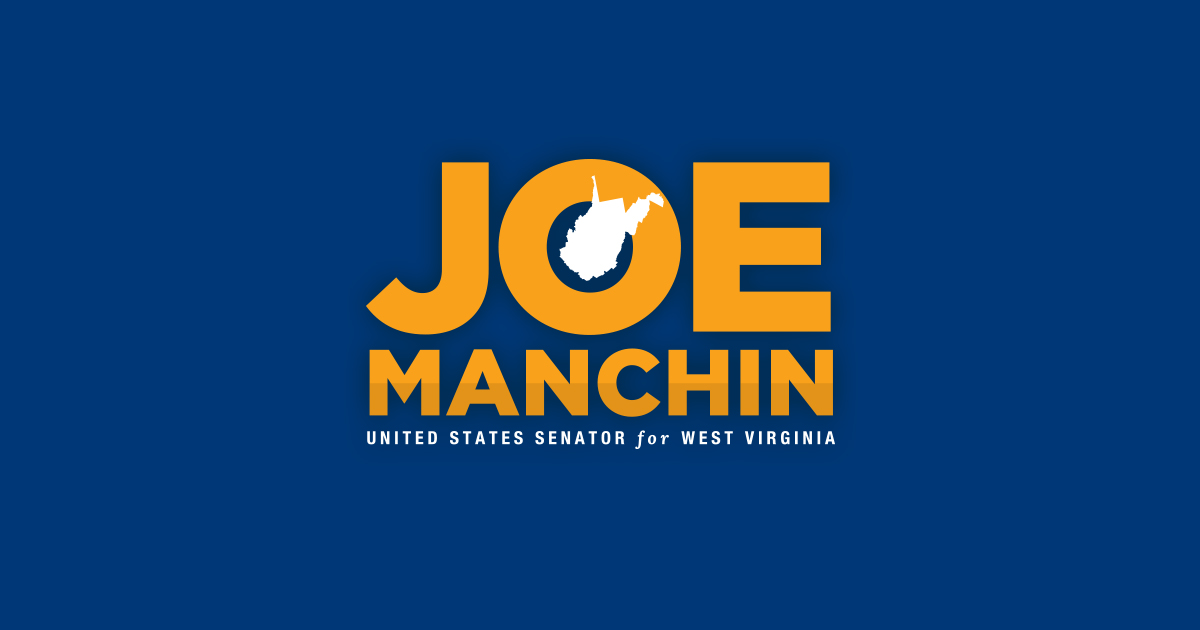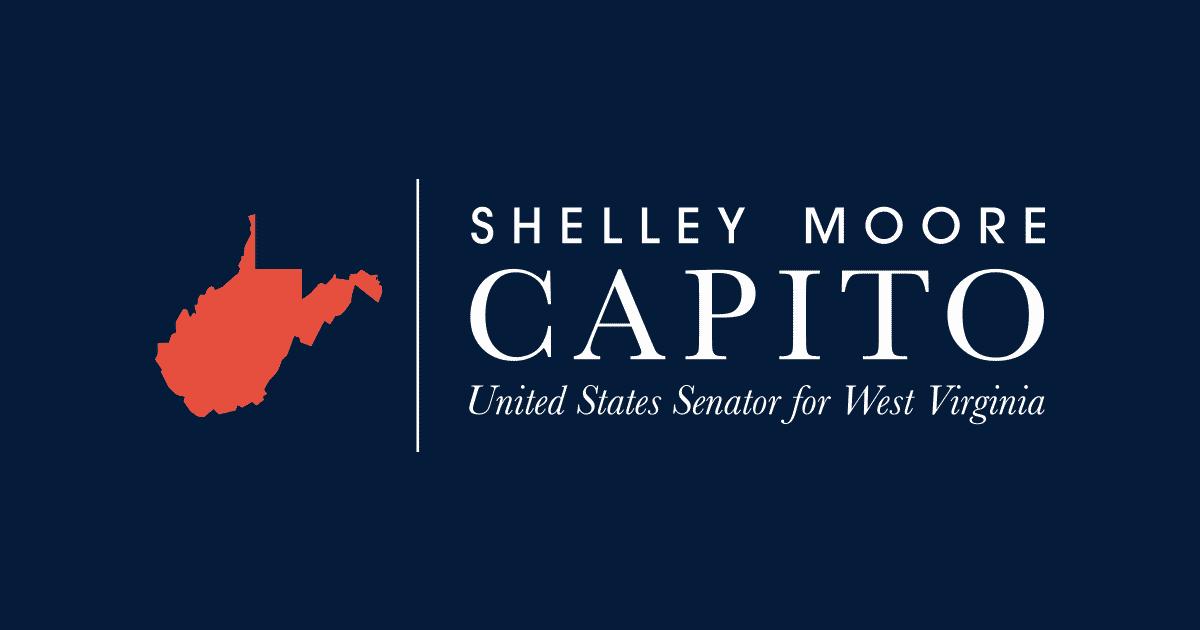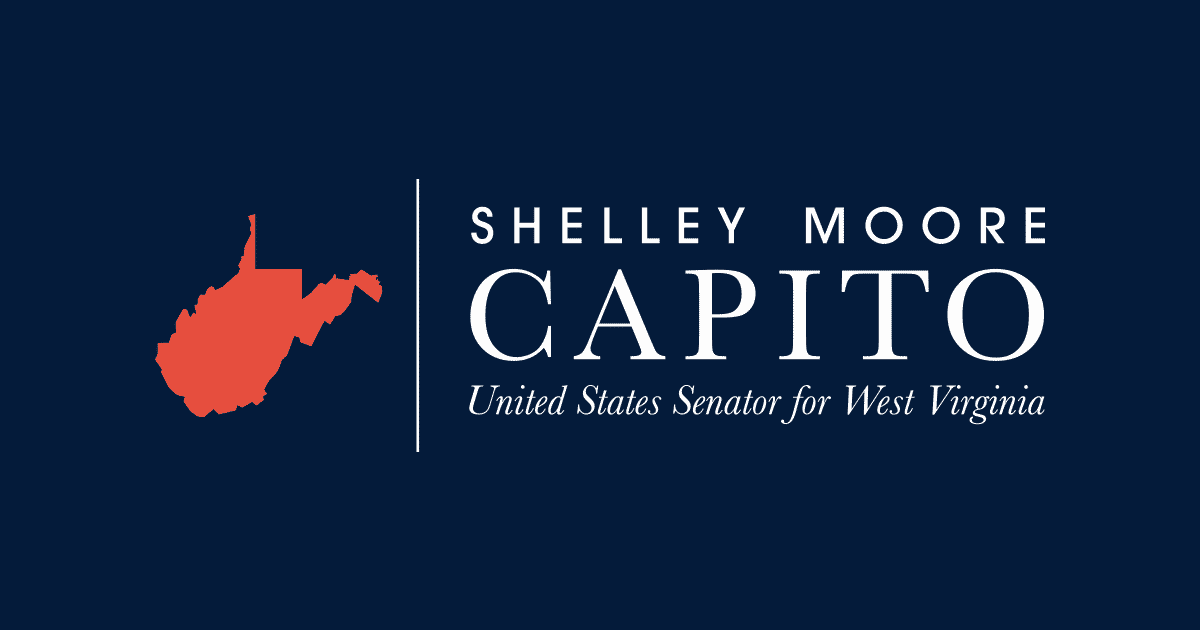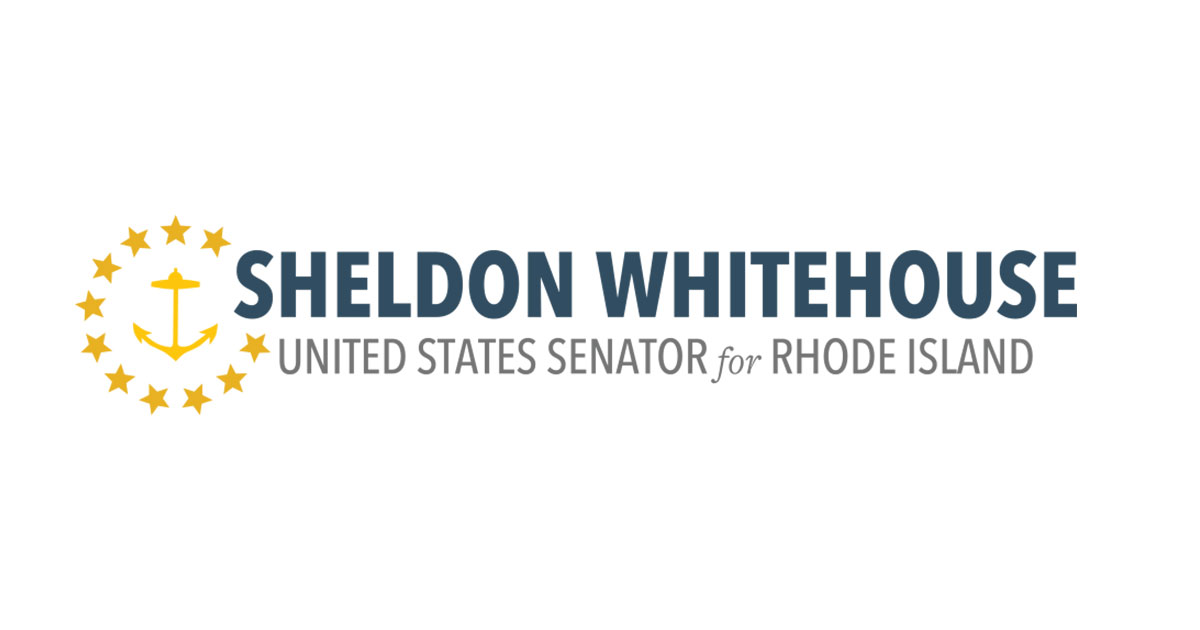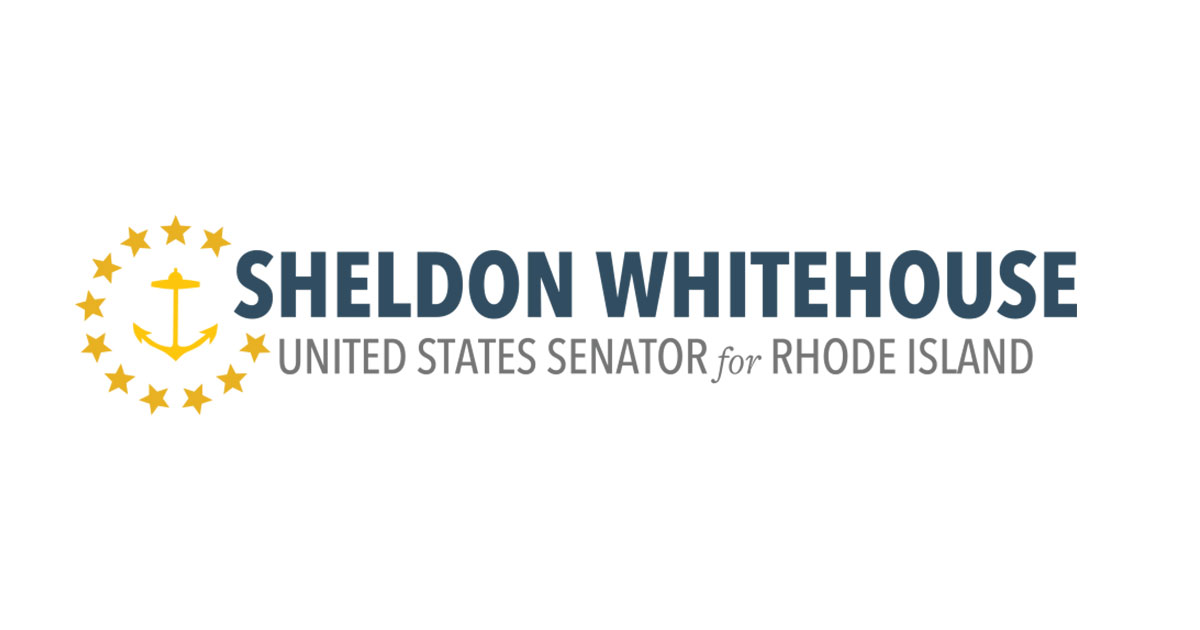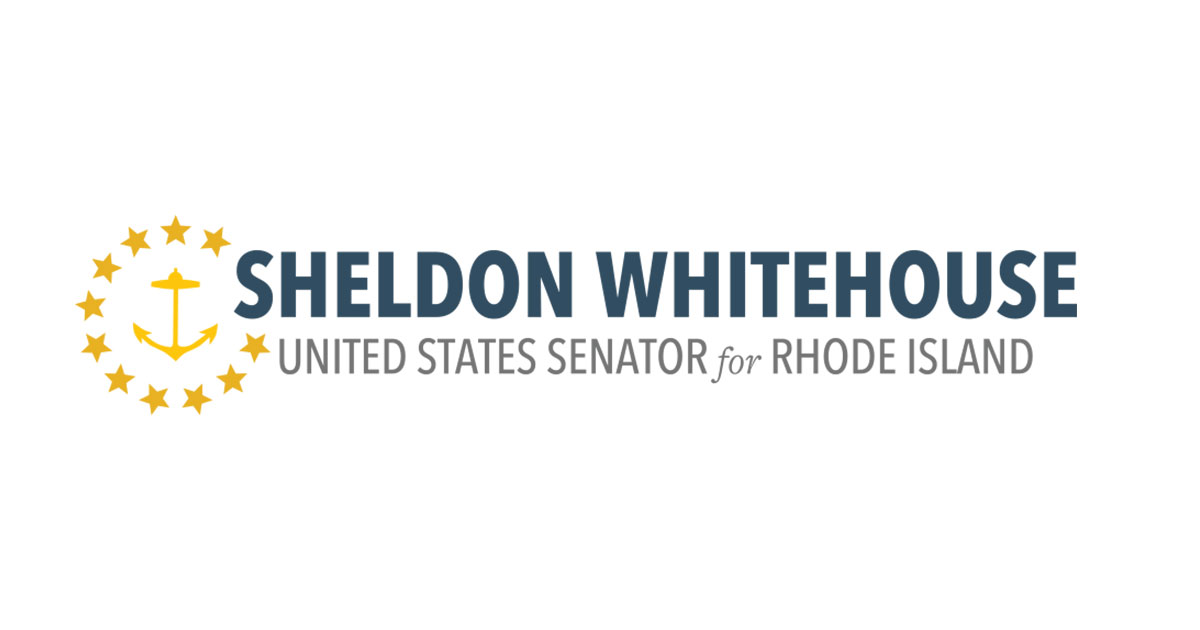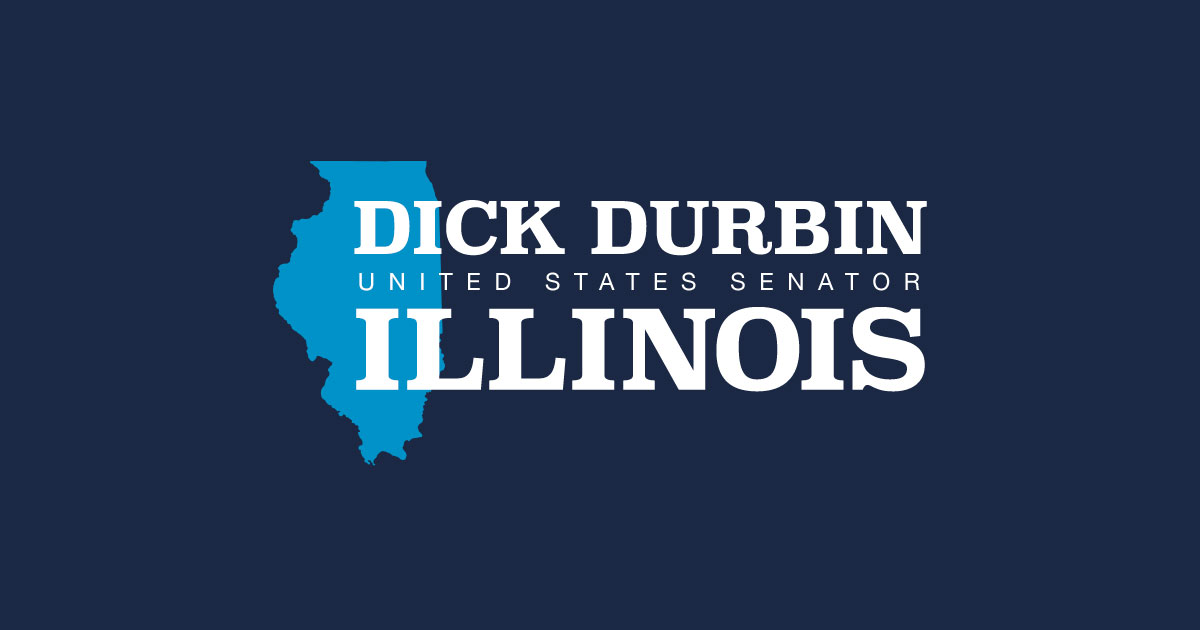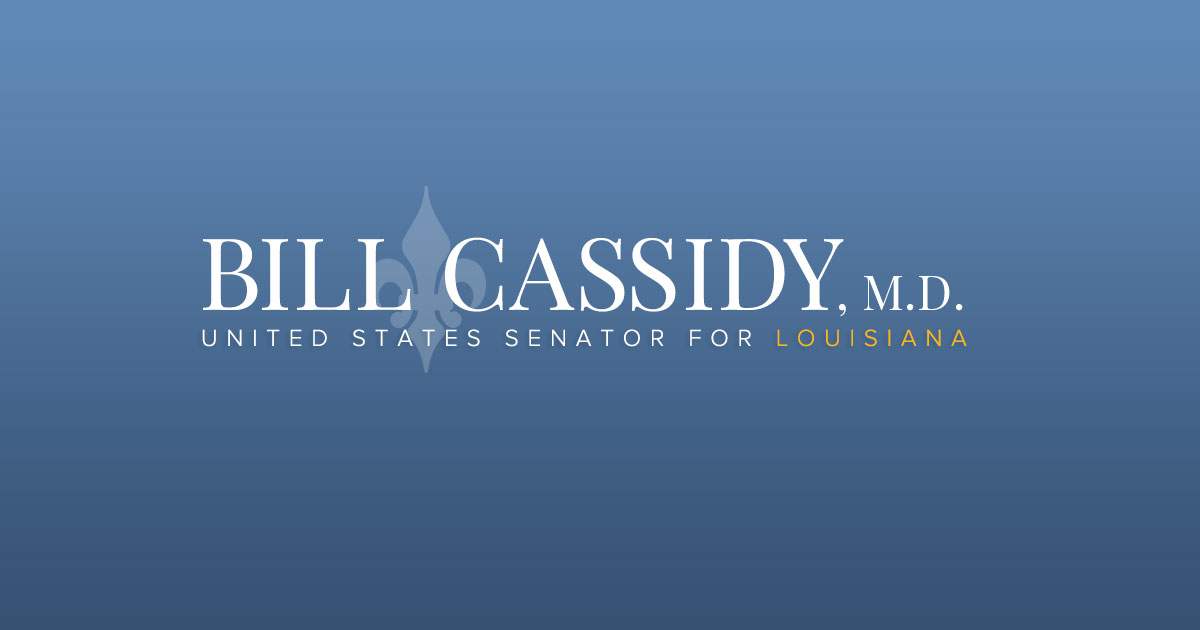Source: United States Senator for California – Dianne Feinstein
Washington—Senators Dianne Feinstein and Alex Padilla (both D-Calif.) as well as Representatives Scott Peters and Jared Huffman (both D-Calif.)—led a group of their colleagues to send a letter to the Environmental Protection Agency (EPA) urging them to allow the deployment of prescribed fires as EPA tightens federal health-based air quality standards.
The members are urging EPA to work closely with California’s air districts, land managers and fire practitioners on developing a solution that both safeguards clean air and prevents the consistent cycle of devastating wildfires that undermines our efforts to make progress on clean air.
In January, EPA proposed to strengthen a key national ambient air quality standard (NAAQS) for fine particle pollution, also known as PM 2.5, to better protect communities. In the letter, the members of the California delegation outline their strong support for EPA’s efforts to strengthen the NAAQS for PM 2.5 to ensure stronger public health protections, particularly for communities who are disproportionately affected by air pollution stemming from goods movement and catastrophic wildfires.
However, the members outline concerns that implementation of the rule could inadvertently limit land managers from deploying prescribed fires, which help California communities avoid larger catastrophic wildfires that more significantly pollute the air and threaten public safety. Prescribed burns have proven to be an effective and necessary tool to combat wildfires in the West and reduce emissions in the long-term. Numerous studies have shown that despite California’s and EPA’s collaborative efforts to reduce air pollution, wildfire smoke has unfortunately eliminated much of California’s clean air progress. This outcome would only exacerbate the risk of catastrophic wildfires that decimate communities and fundamentally undermine the air quality gains that California and EPA are both aiming to achieve.
“California and the EPA have long worked hand-in-hand to achieve clean air gains, and no one supports the protection of clean air more than we do because we have seen how polluted air so negatively impacts public health and the quality of life for Californians. That’s why we support the EPA’s efforts to strengthen the national ambient air quality standard (NAAQS) for fine particle pollution,” wrote the lawmakers. “However, we are concerned that the proposed rule could inadvertently hinder the ability of land managers to deploy prescribed fires that help California avoid the larger catastrophic wildfires that more significantly pollute the air and threaten public safety.
“Scientific and public health experts agree that a significant increase in the use of these beneficial fire practices is essential to reducing overall PM. 2.5 exposure and addressing the long-term impacts of rampant wildfire on our communities,” they continued.
In the last five years, California has experienced some of the largest fires in state history and the negative health impacts of lingering wildfire smoke. Collectively, these devastating fires have burned over 2.5 million acres of land, damaged 30,000 structures, and have been responsible for the destruction of entire communities.
In addition to Feinstein, Padilla, Peters and Huffman, the letter, is also signed by, Pete Aguilar (D-Calif.-33), Salud Carbajal (D-Calif.-24), Lou Correa (D-Calif.-46), Jim Costa (D-Calif.-21), Mark DeSaulnier (D-Calif.-10), John Garamendi (D-Calif.-8), Josh Harder (D-Calif.-9), Sara Jacobs (D-Calif.-51), Mike Levin (D-Calif.-49), Ted Lieu (D-Calif.-36), Zoe Lofgren (D-Calif.-18), Doris Matsui (D-Calif.-7), Kevin Mullin (D-Calif.-15), Grace Napolitano (D-Calif.-31), Jimmy Panetta (D-Calif.-19), Katie Porter (D-Calif.-47), Adam Schiff (D-Calif..-30), Mike Thompson (D-Calif-4), Juan Vargas (D-Calif-52), Eric Swalwell (D-Calif.-14) and Brad Sherman (D-Calif.-32).
Full text of the bill is available here and below:
Dear Administrator Regan,
We write to urge your close collaboration with air districts, land managers, and fire practitioners regarding their ability to deploy prescribed fire without jeopardizing California’s ability to comply with federal air quality standards or undermining the U.S. Environmental Protection Agency’s (EPA) strengthening of these health-based air quality standards. We were encouraged to hear that the EPA has had productive conversations with federal land management agencies to discuss these issues, and we ask for your continued focus on developing a solution that both safeguards clean air and prevents the consistent cycle of devastating wildfires that also undermines our efforts to make progress on clean air.
California and the EPA have long worked hand-in-hand to achieve clean air gains, and no one supports the protection of clean air more than we do because we have seen how polluted air so negatively impacts public health and the quality of life for Californians. That’s why we support the EPA’s efforts to strengthen the national ambient air quality standard (NAAQS) for fine particle pollution (PM 2.5) to ensure stronger public health protections, particularly for communities who are disproportionately affected by air pollution stemming from goods movement and catastrophic wildfires. However, we are concerned that the proposed rule could inadvertently hinder the ability of land managers to deploy prescribed fires that help California avoid the larger catastrophic wildfires that more significantly pollute the air and threaten public safety. Therefore, throughout the rulemaking process and during implementation, we strongly encourage the EPA to continue working closely with federal land management agencies and state, Tribal, and local air quality districts of all sizes to ensure that implementation of the final rule will enable prescribed fire to be deployed through a simple, clear, and efficient process.
The principal pollutant of concern from wildfire smoke is PM 2.5, and numerous studies have shown that despite California’s and the EPA’s collaborative efforts to reduce air pollution, wildfire smoke has unfortunately eliminated much of our clean air progress. To address this, we must bring healthy, low intensity fire back to Western landscapes through prescribed fire and cultural burning. Scientific and public health experts agree that a significant increase in the use of these beneficial fire practices is essential to reducing overall PM 2.5 exposure and addressing the long-term impacts of rampant wildfire on our communities.
Beneficial fire is supported by the U.S. Forest Service’s (USFS) Wildfire Crisis Strategy, which recommends a sizable increase in forest hazardous fuel treatments, including prescribed fire. In fact, the state of California has concluded a Memorandum of Understanding with the USFS to increase the use of fuel treatments, including prescribed fire to 1 million acres per year by 2025. The Department of the Interior has also agreed that prescribed fire strategies need to be considered and increased. We agree with the scientific and public health community as well as our federal land management agencies that we must continue to deploy prescribed fire to reduce overall PM 2.5 emissions.
While we appreciate the possibility that our concerns could be addressed through the use of EPA’s Exceptional Events Rule, the reality is that this process is unworkable for the scale of prescribed fire that will be necessary to protect our communities from increasingly catastrophic wildfires. The Exceptional Events Rule is specifically designed for “unusual or naturally occurring events that can affect air quality but are not reasonably controllable.” This simply does not describe prescribed fires, which are methodically and diligently planned out by land managers who consider a multitude of factors including fuel level, weather, and moisture levels.
Given the sanctions risk of a potential finding of non-attainment, we remain concerned that California’s Air Districts will, without clear and efficient ex-ante guidance from EPA, reduce prescribed fire usage rather than risk the consequences of a change in attainment status. This outcome would only exacerbate the risk of catastrophic wildfires that decimate communities and fundamentally undermine the air quality gains we are all working together to achieve.
We urge you to continue to collaborate with land managers, air districts, and fire practitioners to ensure that prescribed fire can be deployed in an efficient and timely way under the new standards. We ask that you keep our offices updated on your work to finalize the proposed rule, and please know that we stand ready to assist you in finding a workable solution.
Sincerely,
###
